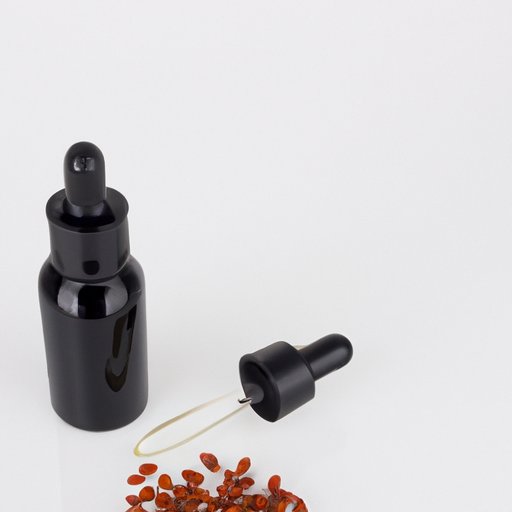
Introduction
Rosacea is a chronic skin condition that affects millions of people worldwide. Despite its prevalence, however, there is still a lot of confusion and misinformation surrounding the condition. Rosacea is characterized by persistent redness, flushing, and flare-ups that can be triggered by a range of factors, including stress, diet, and exposure to UV radiation. To manage this condition effectively, it’s essential to have a clear understanding of the causes, symptoms, and treatment options available.
Understanding Rosacea: Causes, Symptoms, and Treatment Options
The first step in managing rosacea is to understand the underlying causes of the condition. Although the specific cause of rosacea is still unknown, a range of environmental and genetic factors are thought to contribute to its development. Common triggers include sun exposure, spicy foods, alcohol, and stress. In terms of symptoms, rosacea can cause facial redness, bumps and pimples, and visible blood vessels. To manage the condition, there are several treatment options available, including topical treatments, oral medications, and light therapies.
Natural Remedies for Treating Rosacea: Tips and Tricks
In addition to traditional treatments, there are several natural remedies that can help alleviate rosacea symptoms. These include green tea, honey masks, and aloe vera, among others. When using natural remedies, it’s important to be aware of potential side effects and to follow safe usage guidelines.
The Ultimate Guide to Clearing Up Rosacea: Skincare Routines and Products
An effective skincare routine is an essential component of managing rosacea symptoms. A good skincare routine should involve gentle, non-irritating cleansers, moisturizers, and sunscreens that are tailored to the specific needs of your skin. It’s also important to avoid harsh or abrasive products that can exacerbate redness and inflammation.
Lifestyle Changes to Improve Rosacea: Diet, Exercise, and Stress Management
Lifestyle factors play a significant role in the development and management of rosacea. By adopting healthy habits like regular exercise, a balanced diet, and stress management techniques like meditation, it’s possible to reduce the occurrence and severity of flare-ups over time.
Medical Treatments for Rosacea: Prescription Medications and Procedures
For those with more severe or persistent rosacea symptoms, prescription medications and medical procedures may be necessary. These may involve long-term oral medications or light therapies that can help manage inflammation and reduce redness and flushing.
Preventing Rosacea Flare-Ups: Do’s and Don’ts for Clearer Skin
Finally, prevention is key when it comes to managing rosacea. This involves being aware of triggers such as sun exposure, hot weather, and certain foods, and avoiding them whenever possible. It’s also important to maintain good skincare habits and avoid harsh or abrasive products that can irritate sensitive skin.
Conclusion
While rosacea can be a frustrating and uncomfortable condition to deal with, there are many effective strategies for managing it safely and successfully. By understanding the underlying causes and triggers of the condition, making healthy lifestyle choices, and following a good skincare routine, it’s possible to significantly improve the appearance of rosacea and minimize flare-ups over the long term.





